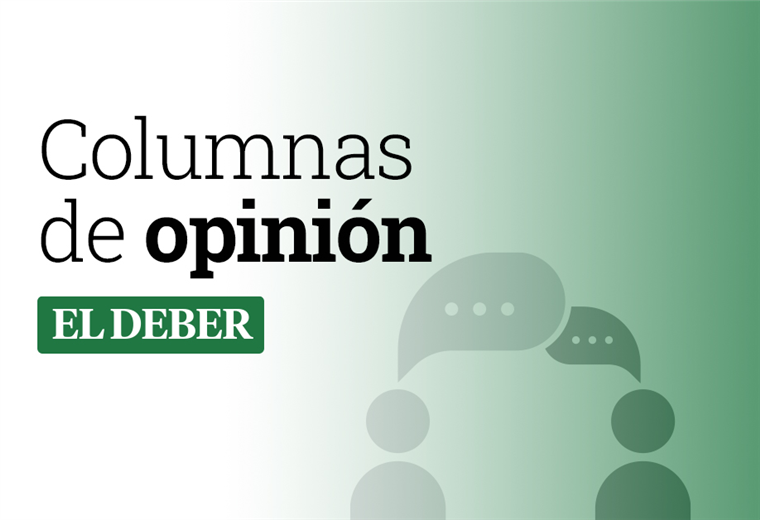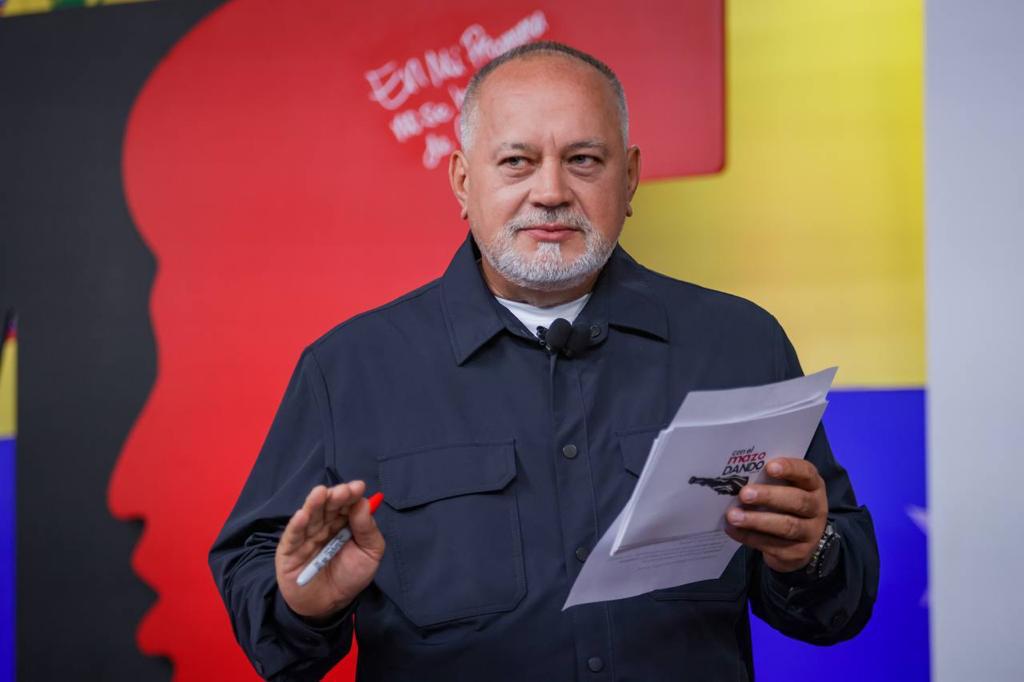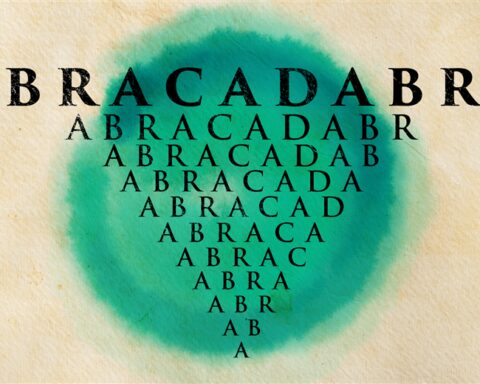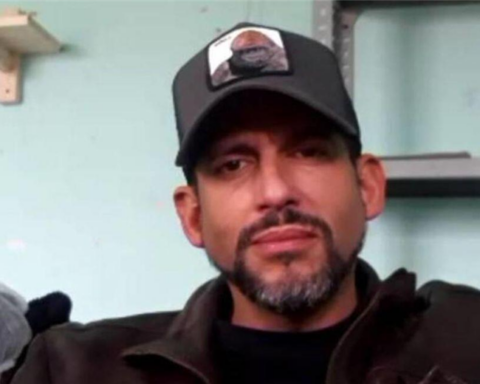June 1, 2023, 4:00 AM
June 1, 2023, 4:00 AM
In the midst of the devastating gale of pedophilia, we receive the sad news of the death of Víctor Codina, which occurred yesterday in Barcelona at the age of 92. It is the death of a Jesuit defender of the poor and excluded and protector of vulnerable children, of an eminent theologian, of a prophet from deep Bolivia, of a witness in Latin America, of a friend whom he admired and followed.
Víctor Codina, caste and race theologian, offers us a narrative, Nazarene, symbolic, descriptive theology, based on an unfair, unequal and impoverished reality. Víctor Codina does theology from below, from the bottom up, where the Holy Spirit is the protagonist.
But Víctor Codina was not only a theoretician of Liberation Theology, but he practiced it and lived it in the rural and mining world and in the marginal neighborhoods. Víctor Codina’s theology is wise, within everyone’s reach, he expresses it in popular, accessible language, which is read with great pleasure, because it has the language of wisdom.
On the other hand, it is an original theology that presents it as “Nazarene theology”, like that of Jesus that helps us discover the strength and presence of the Holy Spirit. It offers us a complete vision of the theology of the Holy Spirit.
In his book “You will not extinguish the Spirit”, with a certain humor he writes “It has been said that the Spirit has been supplied and replaced by three white realities: The Eucharist, Mary and the Pope”. She has attributed to Mary powers that correspond to the Holy Spirit: fertility, life, love, encouragement, comfort, strength, forgiveness, goodness. Mary in popular devotion is an icon of the Spirit, a pneumatological symbol, as is the wind, water, fire, the dove…
It would be necessary to unravel all this symbolism and put Mary back in her correct theological place. No one has exclusive to the Holy Spirit. It is present and acts in history, in the Church, in the Christian people, in the laity, in the Pastors, “but also in the “heretics”, philosophers, artists, politicians, of other religions and cultures”.
It affirms the pastoral priority of pneumatology. The Mission begins by being pneumatological, before being Christological and ecclesial. Without the Holy Spirit we cannot even say the name of Jesus. He quotes Gonzalez Faus: “once the Christological revolution has been accomplished, it is time for it to be reborn, better to be born, because it was never alive, a pneumatological revolution.”
And our liberation theologian in Bolivia concludes: “I would like to contribute what I can to this pneumatological revolution, which is still a pending task for the future of theology.” Víctor Codina is already a significant theological reference. He records that it is the work of the Holy Spirit to practice faith and justice, to live the Kingdom of God and the God of the Kingdom.
And we respond to the novelties of history, only with the Spirit and human creativity. All deliverance has to be filled with the Spirit. As a prophet, he denounced the prohibition of the interesting experience of the diocese of Sucumbíos presided over by Bishop Gonzalo López Marañón. The evangelical prophecy of Fr. Arrupe. The incomprehensible campaign against JA Pagola’s book. It is worth mentioning his book: “Feeling Church in the ecclesial winter”. The laity are the poorest and most oppressed in the Church.
The crosses always marked his life. He remembers some: theological persecution, moments I would not say of hunger, but of a certain scarcity, many heavy bus trips, amidst the dust of the roads, a sordid atmosphere next to the slaughterhouse, bad smells, pollution, stray dogs, political tension , ecclesial pain.
All this is part of the experience of the third world, of solidarity with our poor, it is a penitential, painful experience that purifies us. But it also ponders the great values of our people: Hospitality, kindness, faith, popular religiosity, simplicity, the ability to share, to suffer, a more natural and less sophisticated life, new intellectual possibilities, contacts with others and new environments in Latin America.








